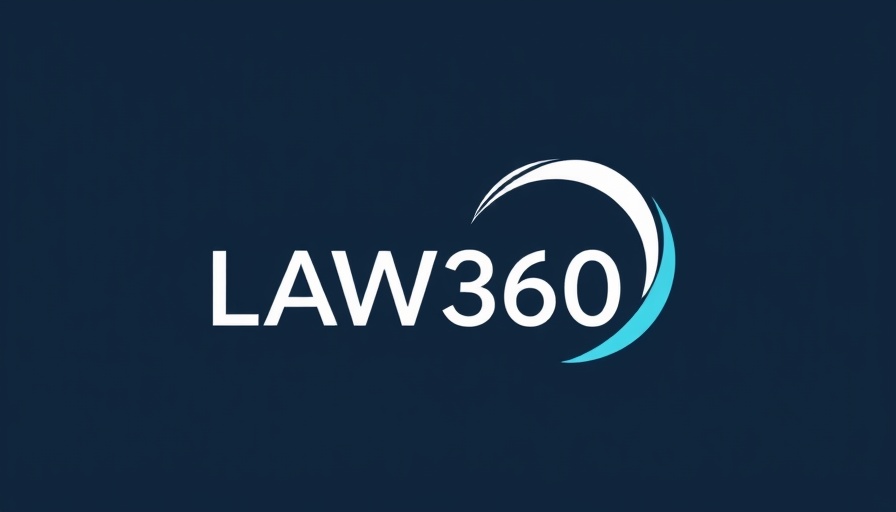
Understanding the DEI Terrain: Why It Matters
As organizations prioritize diversity, equity, and inclusion (DEI), understanding the landscape of related employment regulations is crucial for HR compliance officers, legal counsel, and other stakeholders. The accelerated focus on DEI reflects a broader societal shift, emphasizing not just proper hiring practices but a comprehensive approach to workplace culture. The recent spotlight on pay transparency and hiring bias underlines the necessity for companies to stay abreast of evolving labor laws.
Key Regulations Shaping DEI Policies
Staying compliant with EEOC guidelines and updating workplace policies can help mitigate legal risks related to hiring biases and discrimination. With increased testing on corporate policies around remote work, employers must also consider how these practices impact diversity. Executives should focus on integrating employment regulations into their operational frameworks to ensure they create equitable hiring structures and a transparent pay system.
Proactive Strategies for Effective Compliance
Incorporating regular workplace investigations and audits into the corporate routine can fortify efforts to adhere to labor laws. Creating a roadmap for policy updates can enhance compliance as regulations continue to evolve, especially in the wake of remote work trends. Regular training on biases and workplace culture can also enhance awareness and create a sense of belonging for all employees, fostering a stronger corporate culture.
Taking Action: Your Next Steps
HR departments and legal teams should actively engage in discussions around DEI initiatives. These conversations not only ensure that the policies reflect the latest wage laws but also create an environment of growth and inclusiveness. By understanding the nuances of DEI regulations and developing clear action plans, organizations can pave the way for progress in workplace equity. As the landscape continues to evolve, remaining informed and proactive is essential.
For more insights on enhancing your DEI strategies, consider attending upcoming conferences focusing on workplace innovations. Explore resources and experts who can guide your compliance journey.
 Add Row
Add Row  Add
Add 




Write A Comment